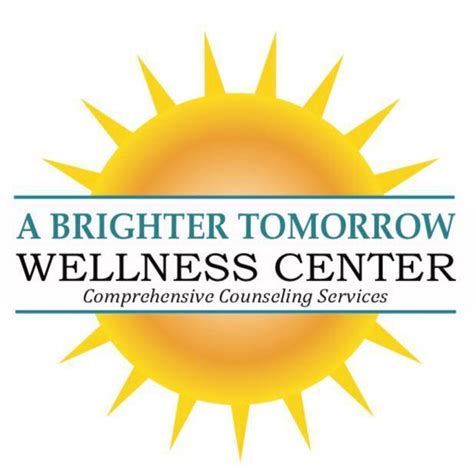We offer in-person or virtual appointments and are in-network with most insurance carriers
Trauma / PTSD
Learn More About PTSD
Post-traumatic stress disorder symptoms usually start within 30 days of a traumatic event, but sometimes these symptoms might not appear until years after the event. These symptoms cause significant problems in social and work situations as well as in relationships. They also interfere with your ability to go about your normal daily life.
PTSD symptoms are grouped into four different types: intrusive memories, avoidance, negative changes in thinking and mood, and changes in physical/emotional reactions. Symptoms may vary over time or vary from individual to individual. A Brighter Tomorrow Wellness Center is here to help you.
We Can Handle Issues With Intrusive Memories
Symptoms of intrusive memories include:
- Recurrent and unwanted distressing memories of a traumatic event
- Reliving the traumatic event as if it were happening all over again (called flashbacks)
- Upsetting dreams or nightmares about this traumatic event
- Severe emotional distress or physical reactions to something that reminds you of the traumatic event itself
Avoidance Issues and More in PTSD
Symptoms of avoidance include:
- Avoiding thinking or talking about the traumatic event
- Avoiding places, activities, or people that remind you of the event
- Negative changes in thinking and mood
Symptoms of negative changes in thinking and mood include:
- Negative thoughts about yourself, other people, or the world in general
- Hopelessness about the future
- Memory problems which include not remembering important aspects of the traumatic event
- Difficulty maintaining close relationships
- Feeling detached from your family and friends
- Lack of interest in activities you once enjoyed
- Difficulty experiencing positive emotions
- Feeling emotionally numb
- Changes in physical and emotional reactions
Symptoms of changes in physical and emotional reactions, or "arousal symptoms" include:
- Being easily startled or frightened
- Constantly being on guard for danger
- Self-destructive behavior, such as drinking too much or driving too fast
- Trouble sleeping
- Trouble concentrating
- Irritability
- Angry outbursts
- Aggressive behavior
- Overwhelming guilt or shame
For children six years old and younger, signs and symptoms may include:
- Re-enacting the traumatic event or aspects of the traumatic event through playtime
- Frightening dreams that may or may not include aspects of the traumatic event
Individualized Treatment Plans
Call Us to Find Out More
(856) 433-8615
Contact Us
Thank you for contacting us. We’ll get back to you as soon as possible.
Oops, there was an error sending your message.
Please try again later
Please try again later
1236 Brace Road, Suite K/I
Cherry Hill, NJ 08034
This is a placeholder for the Yext Knolwedge Tags. This message will not appear on the live site, but only within the editor. The Yext Knowledge Tags are successfully installed and will be added to the website.
HOURS
This is a placeholder for the Yext Knolwedge Tags. This message will not appear on the live site, but only within the editor. The Yext Knowledge Tags are successfully installed and will be added to the website.
HOURS
This is a placeholder for the Yext Knolwedge Tags. This message will not appear on the live site, but only within the editor. The Yext Knowledge Tags are successfully installed and will be added to the website.
CONTACT US
This is a placeholder for the Yext Knolwedge Tags. This message will not appear on the live site, but only within the editor. The Yext Knowledge Tags are successfully installed and will be added to the website.
Hi. Do you need any help?
Privacy Policy
| Do Not Share My Information
| Conditions of Use
| Notice and Take Down Policy
| Website Accessibility Policy
© 2024
The content on this website is owned by us and our licensors. Do not copy any content (including images) without our consent.

Share On: